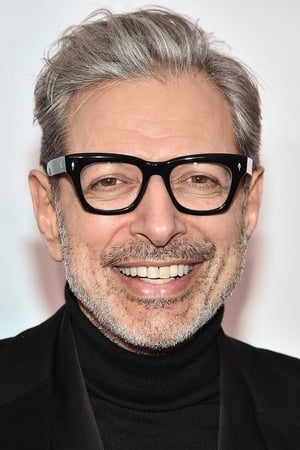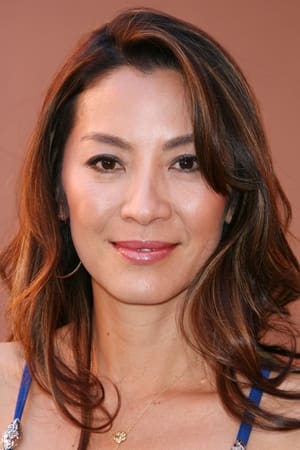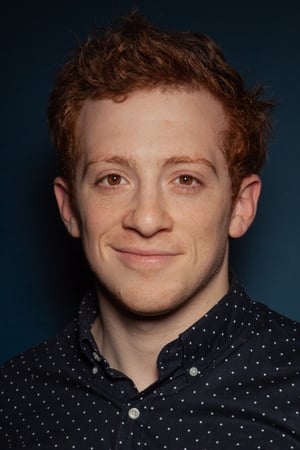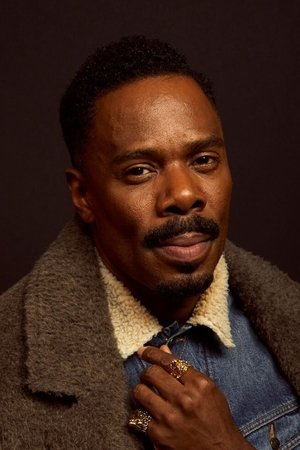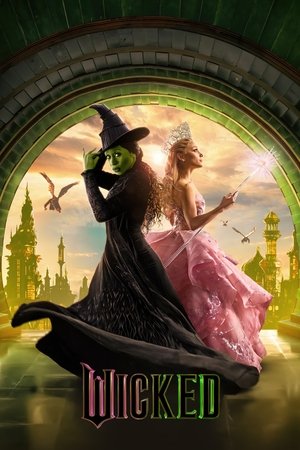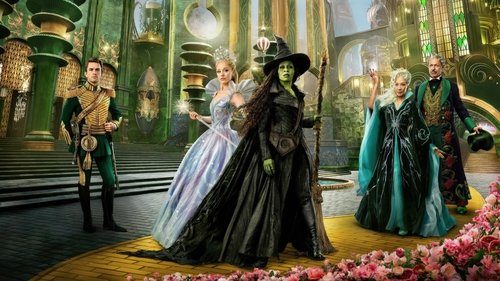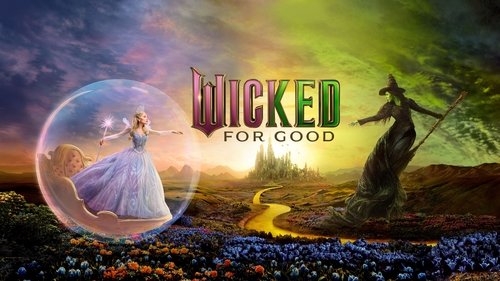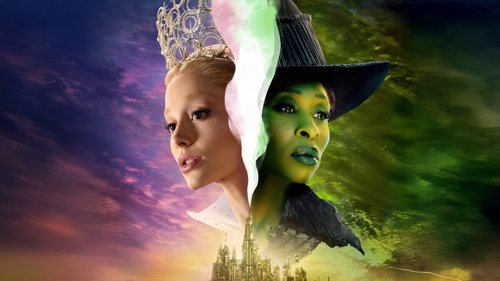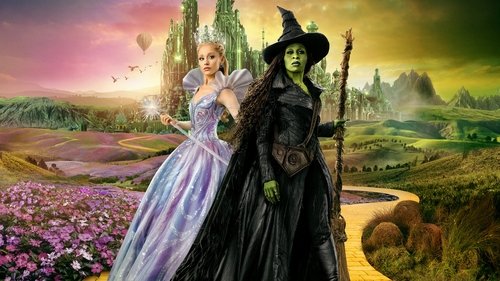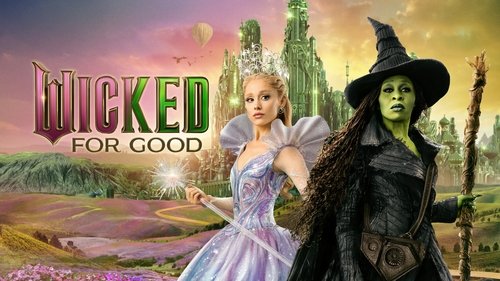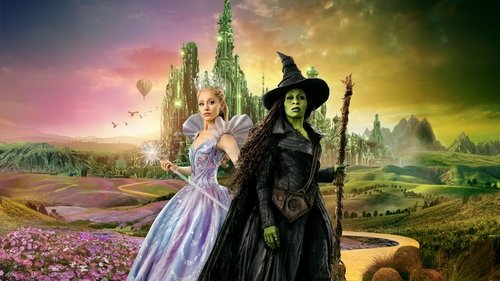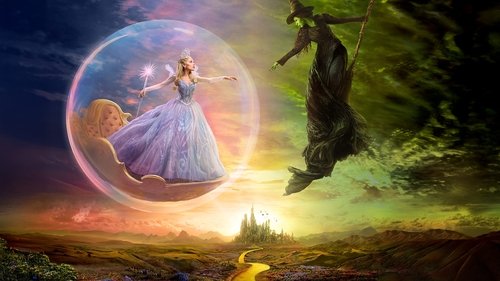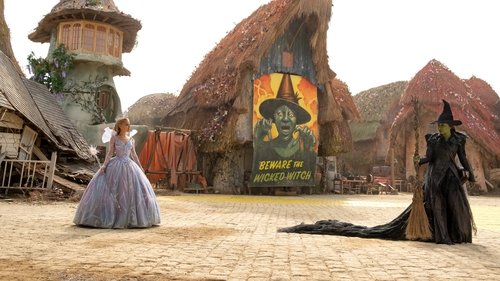Brent Marchant
7
|
Nov 23, 2025
Splitting a single story into two movies is a risky production decision that sometimes pays off and sometimes doesn’t. Is it truly merited artistically speaking, or is it simply an attempt at an unabashed box office money grab? When the creators of the cinematic adaptation of the smash hit Broadway musical Wicked announced in 2022 that they would be depicting the material through two films, the decision was met with somewhat mixed reactions. Could the pictures each stand alone despite being parts of the same story? Would the first installment be strong enough to retain audience interest over time before the release of the second part (in this case, a year, far longer than a typical Broadway intermission)? And would there be a distinct enough connection to seamlessly tie the two movies together? Those are among just a few of the potential pitfalls typically associated with a production decision like this. In this case, however, the move has appeared to pay off, both creatively and monetarily. The extra time taken to tell the story here has effectively facilitated a better understanding of the narrative and the nature of its characters than the original stage play, which was often criticized for throwing too much content at audiences too quickly, making it hard to follow. And, while this second part doesn’t have quite the same spark as its 2024 predecessor, it’s still a capable, polished effort thanks to its fine production design, stirring musical numbers and stellar performances. As for the somewhat diminished luster, that could be due to the fact that the material in this second act (as in the play itself) is darker and more serious than, and not quite as well organized as, part one, with decidedly fewer laughs and less overall whimsy. It could also be that the novelty of the first film has worn off in the time since its release a year ago, understandable for material as distinctive as this. Whatever the case, though, “Wicked: For Good” nevertheless presents an entertaining, enjoyable and at times enlightening tale, continuing the story of the two principals, Glinda the Good Witch (Ariana Grande-Butera) and Elphaba, now known as the Wicked Witch of the West (Cynthia Erivo), the onetime best friends who have been divided by the nefarious maneuverings of the Wizard of Oz (Jeff Goldblum) and the evil Madame Morrible (Michelle Yeoh). As the story threads of this quartet unfold, the film also picks up and substantively elaborates upon the roles of several supporting characters whose participation wasn’t always made clear in the first installment, giving them an opportunity to shine in their own right. This includes the plotlines involving Elphaba’s sister, Nessarose (Marissa Bode), Nessa’s romantic interest, Boq (Ethan Slater), and the charming, if conflicted, Prince Fiyero (Jonathan Bailey). It also opens the door to introducing characters from this work’s original cinematic source material, “The Wizard of Oz” (1939), including unexpectedly transplanted farmgirl Dorothy Gale (Bethany Weaver) and her sidekicks, the Tin Man and the Cowardly Lion (voiced by Colman Domingo), players who figure significantly in the overall narrative but are incorporated here without becoming overly intrusive. Admittedly, viewers may not find this offering from director Jon M. Chu quite as enthralling as “Wicked: Part 1” (2024), but it’s far from the unfairly overblown disappointment that some have expressed about it. For what it’s worth, “Wicked: For Good” once again proves that tales of life over the rainbow don’t disappoint, making us feel like warmly welcomed visitors who come to believe that there’s truly no place like our collective second home.




